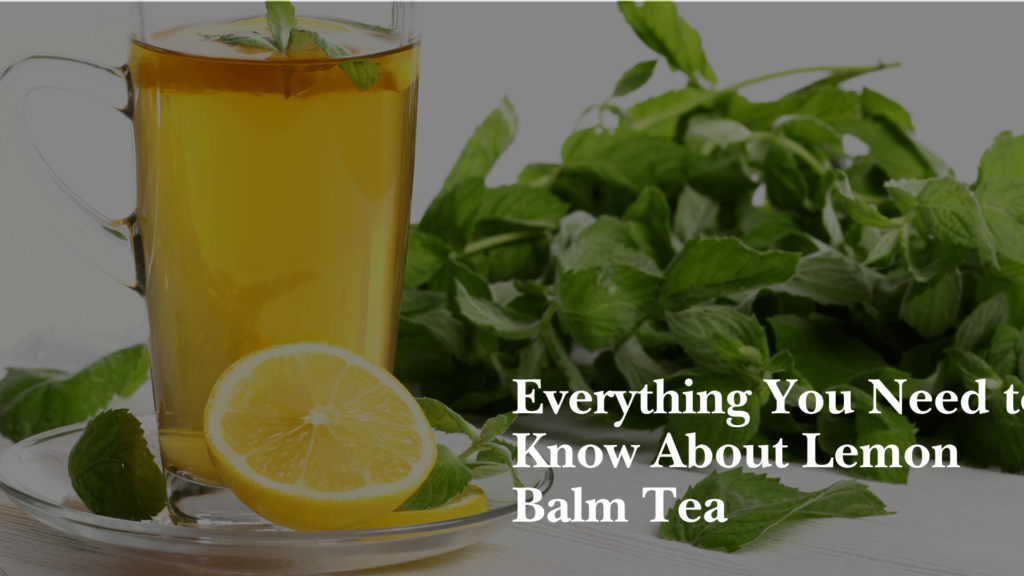Matcha tea, a vibrant green elixir that has taken the food and beverage industry by storm, is not just a passing trend. Its skyrocketing popularity can be attributed to a perfect blend of taste, nutritional prowess, and centuries-old tradition. Let’s delve into the facts behind the matcha phenomenon to understand what makes it the latest star in the world of culinary delights.
Unveiling the Essence of Matcha Tea
Matcha tea, primarily cultivated in Japan, is a distinctive type of green tea. Its uniqueness lies in the shading process it undergoes during the final weeks before harvest. This practice triggers a series of chemical reactions within the tea leaves, resulting in an exceptionally nutritious end product. Matcha is ground into a fine powder, and unlike other teas that use tea bags, the entire leaf is consumed when mixed with water for brewing.
A Nutritional Powerhouse: Antioxidant Levels in Matcha Tea
One of the key factors contributing to matcha’s allure is its impressive antioxidant content, which is unrivaled in the world of tea. The exceptional antioxidant levels can be attributed to the consumption of the entire tea leaf. Green teas, in general, boast high antioxidant levels, with matcha leading the pack. A single cup of matcha provides over 60 times the antioxidants found in a serving of spinach and 17 times that of wild blueberries.
The star antioxidant in matcha is catechin polyphenol, which, along with having zero calories and a substantial dose of dietary fiber, has propelled matcha tea into the limelight among health-conscious consumers, bodybuilders, and tea enthusiasts alike.
The Art of Matcha Preparation
The preparation of matcha tea is a timeless ritual rooted in Zen Buddhism. Japanese matcha is meticulously mixed with very hot (but not boiling) water. After adding water to the dry tea powder in a bowl, the mixture is briskly whisked until a delicate froth forms on the surface. It is then savored immediately. This tradition has endured for centuries and continues to be a centerpiece of Japanese tea ceremonies, earning the label “ceremonial grade tea” in contrast to “food-grade.”
The Freshness Factor
Authenticity and freshness are paramount when it comes to matcha tea. While millions of consumers worldwide purchase matcha online from Japanese sources that adhere to government regulations, others seek this prized tea from various global retailers, each with varying degrees of authenticity and quality. Much like the world of fine wines and caviar, the source is pivotal, and matcha quality ranges from exceptional to subpar. A genuine, fresh ceremonial grade matcha will exhibit a vibrant green hue, while older or lower-quality variants may appear dull green or even brown.
The Lowdown on Caffeine
Matcha contains roughly one-third of the caffeine found in a comparable amount of coffee. However, matcha’s caffeine release is moderated by catechins, resulting in a gradual caffeine release into the bloodstream. This absence of a “coffee rush” is complemented by matcha’s L-theanine content, an amino acid known to induce calmness and mental alertness. This unique combination of caffeine and L-theanine results in an effect that matcha enthusiasts describe as less pronounced but longer-lasting than the typical coffee buzz.
Savoring the Flavor
Matcha’s flavor profile is distinct, characterized by a grassy, earthy taste. While some may draw comparisons to darker herbal teas, the description barely scratches the surface. Novices may find matcha slightly bitter and opt for sweetening, although this preference often evolves with time as one acquires a taste for the unadulterated essence of matcha. In Japanese tradition, a small, sweet roll or candy is consumed just before sipping matcha, a practice akin to Turkish coffee drinkers enjoying a sugar cube between sips for a balanced experience.
The Bottom Line
The meteoric rise of matcha tea can be attributed to its harmonious fusion of flavor, nutritional potency, and deep-rooted tradition. Beyond being a trendy beverage, matcha is a holistic experience that captivates the senses and enriches lives. Whether you savor it for its wellness benefits, its distinctive taste, or its connection to centuries-old ceremonies, matcha has undoubtedly earned its place as a star in the world of culinary delights.


